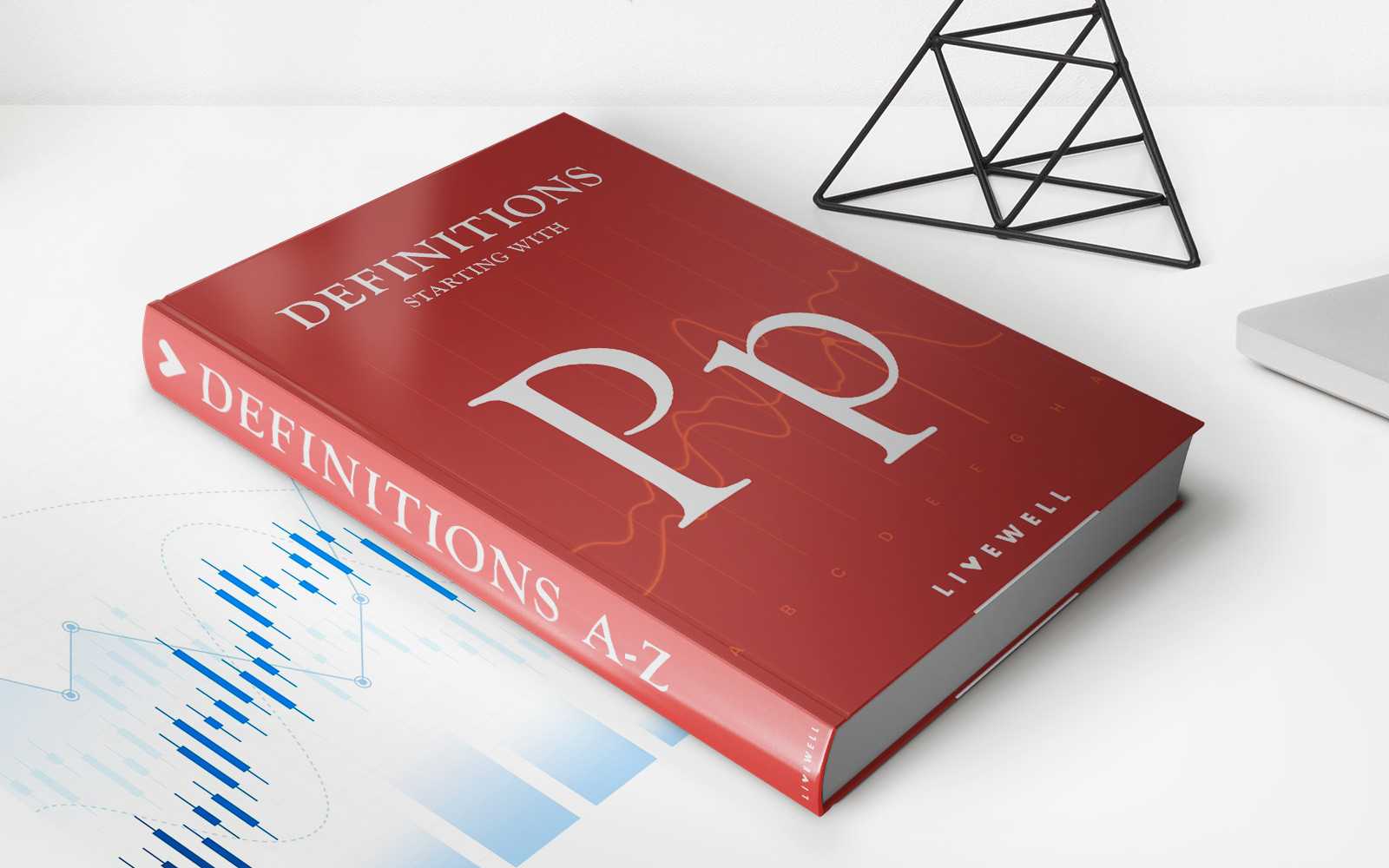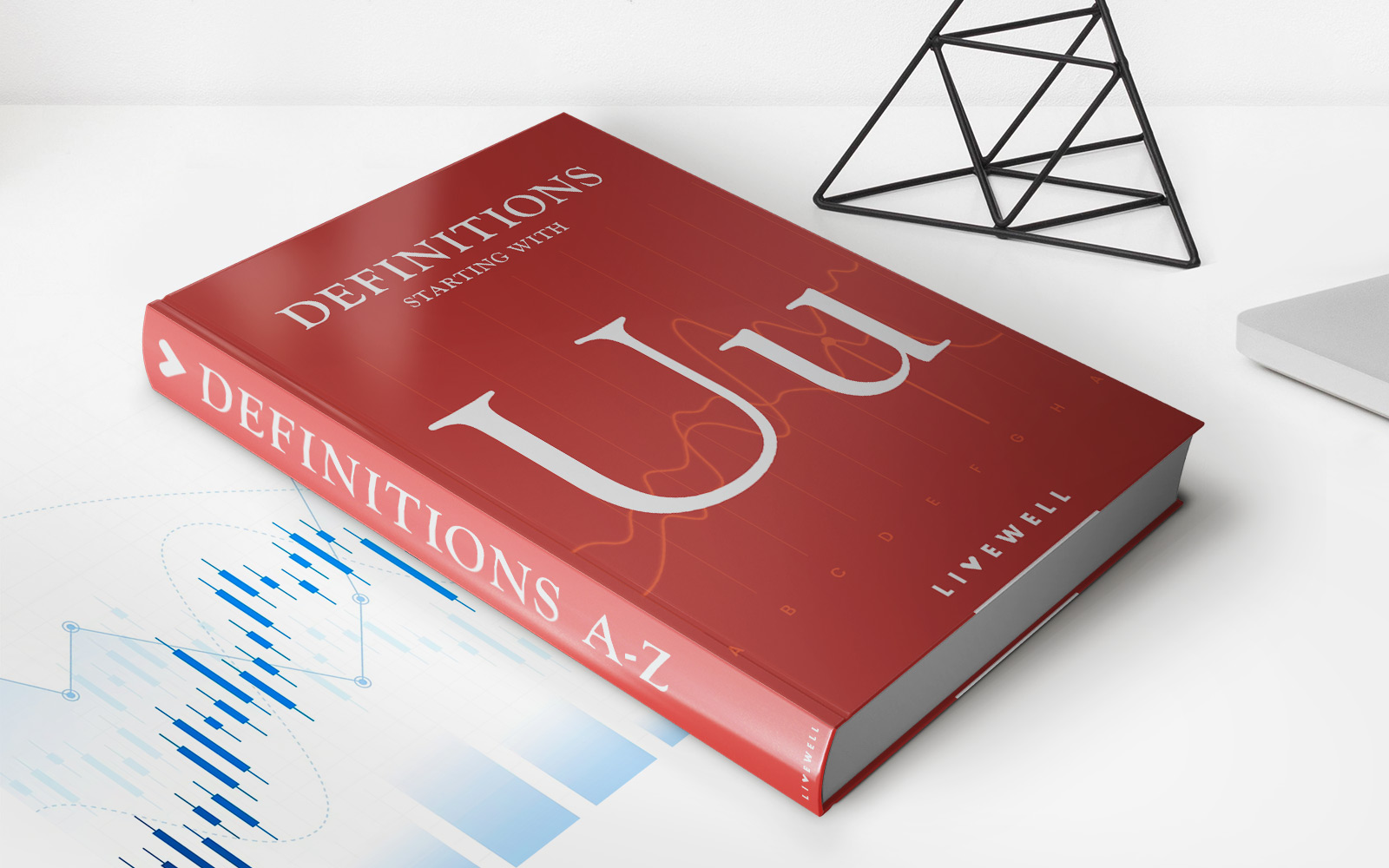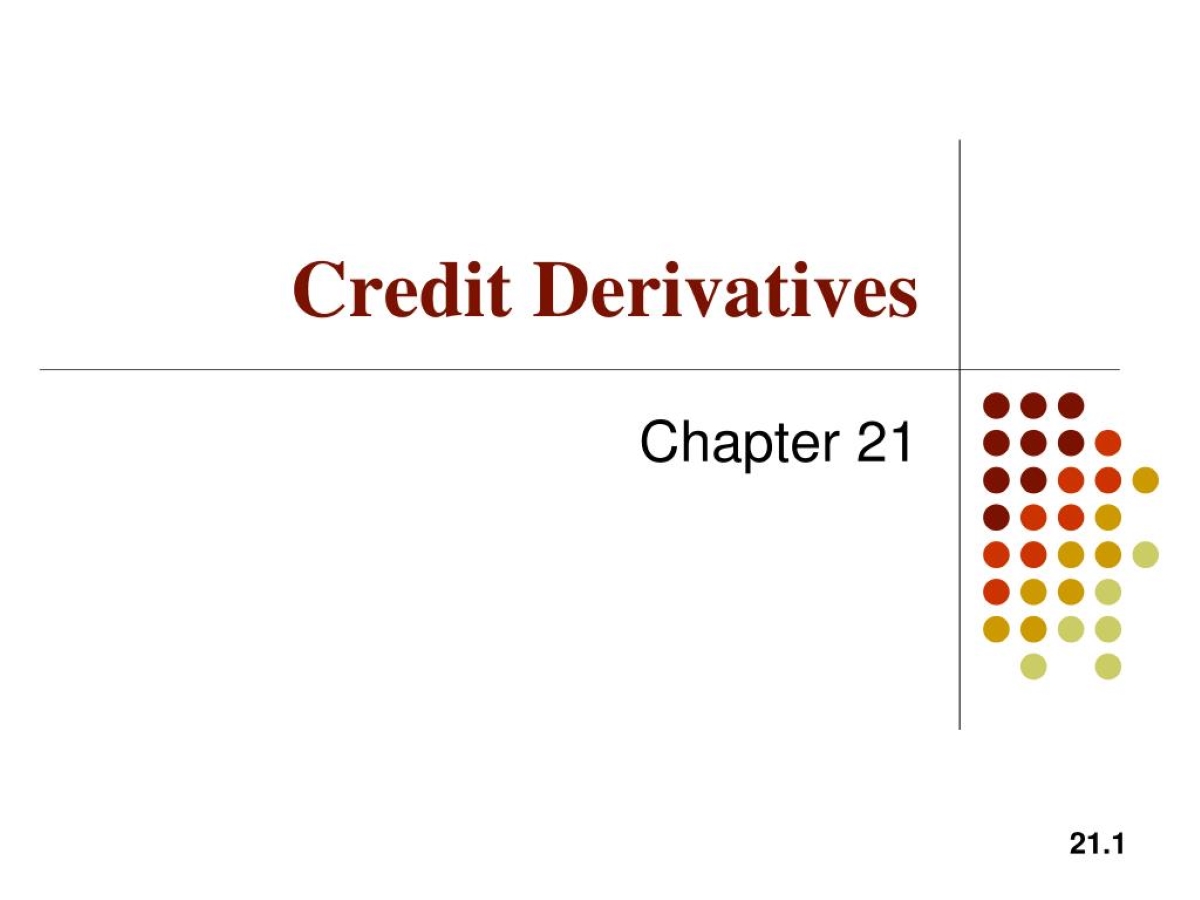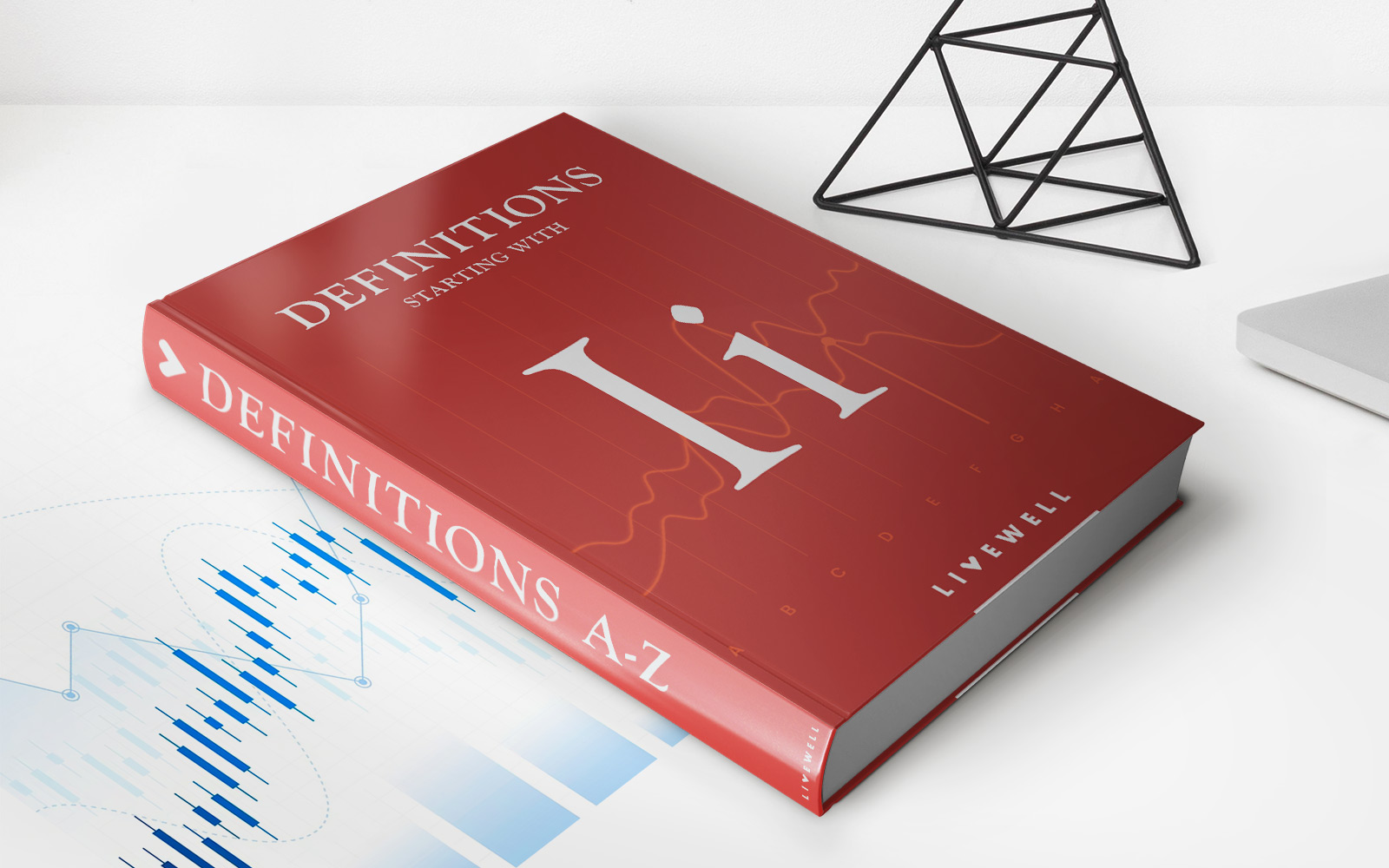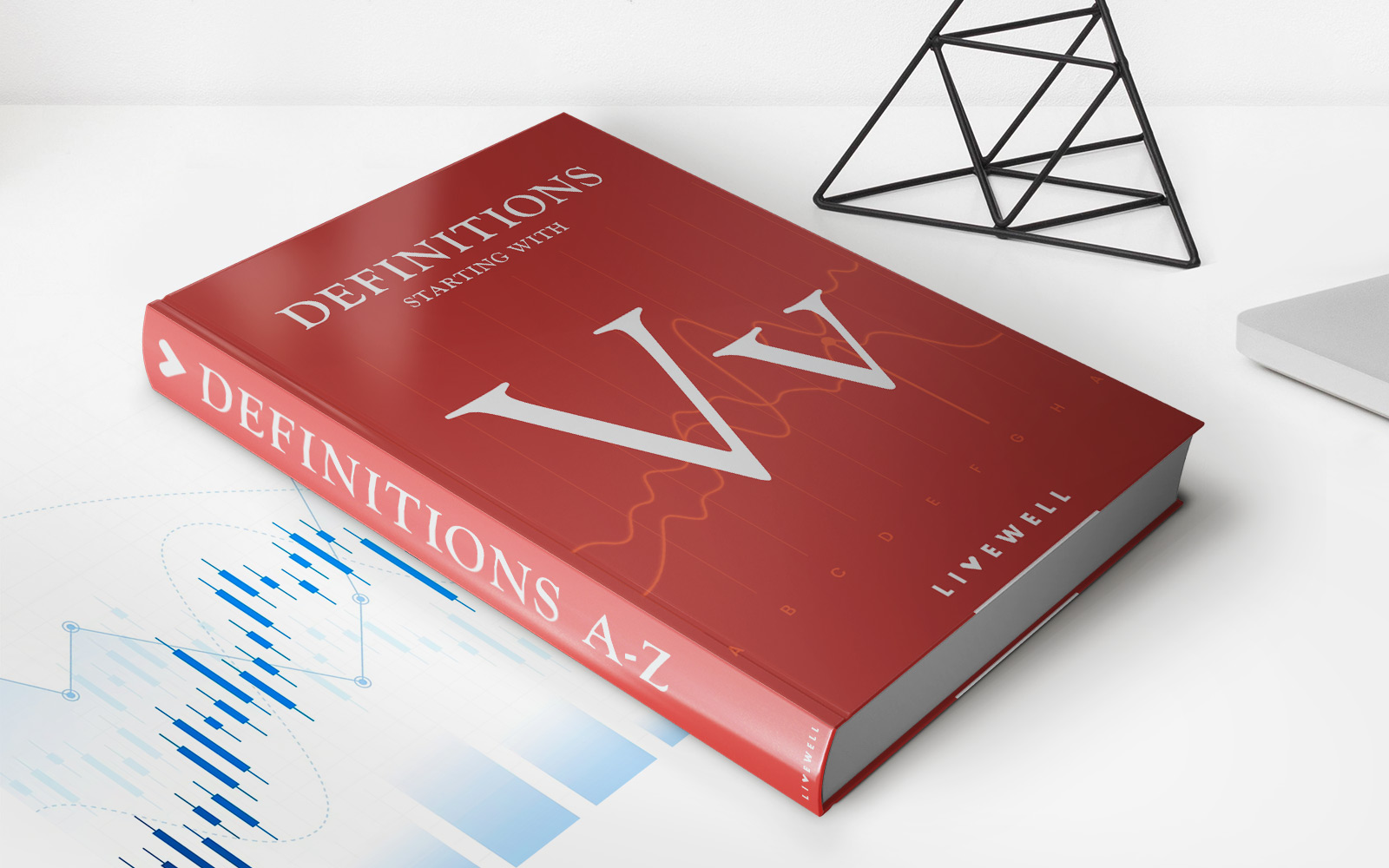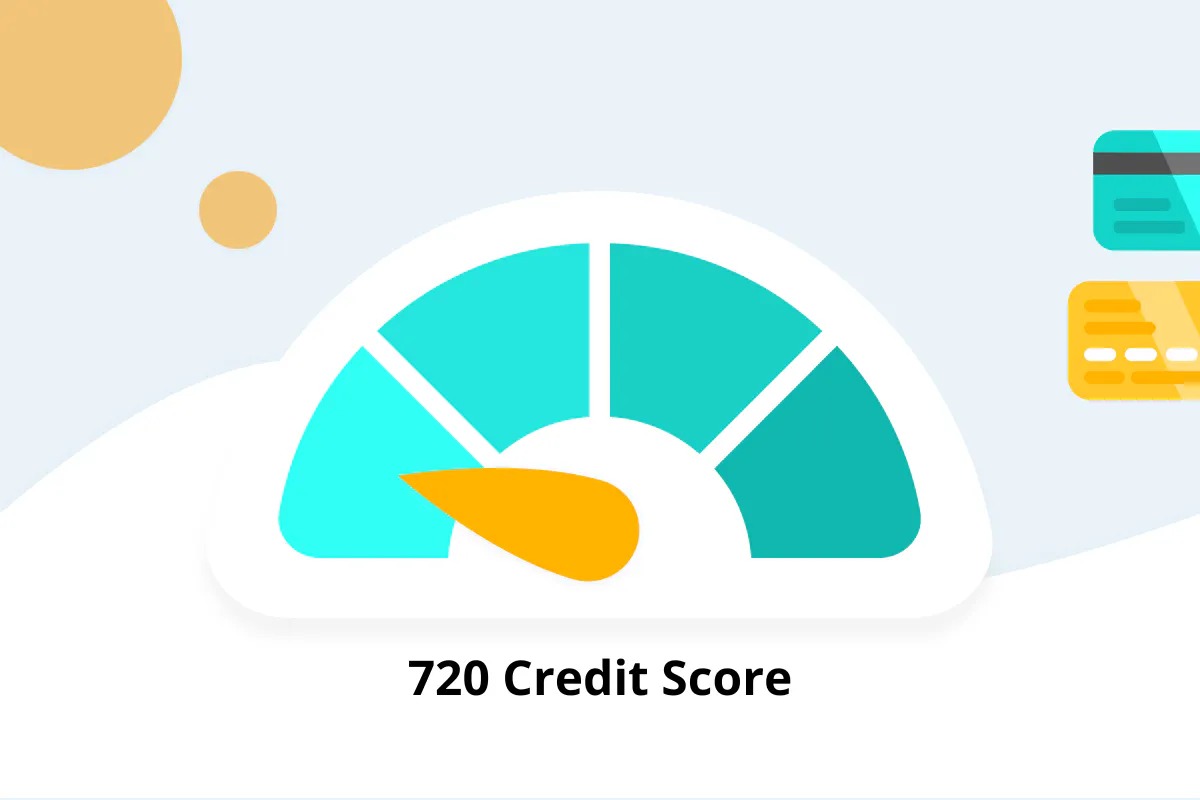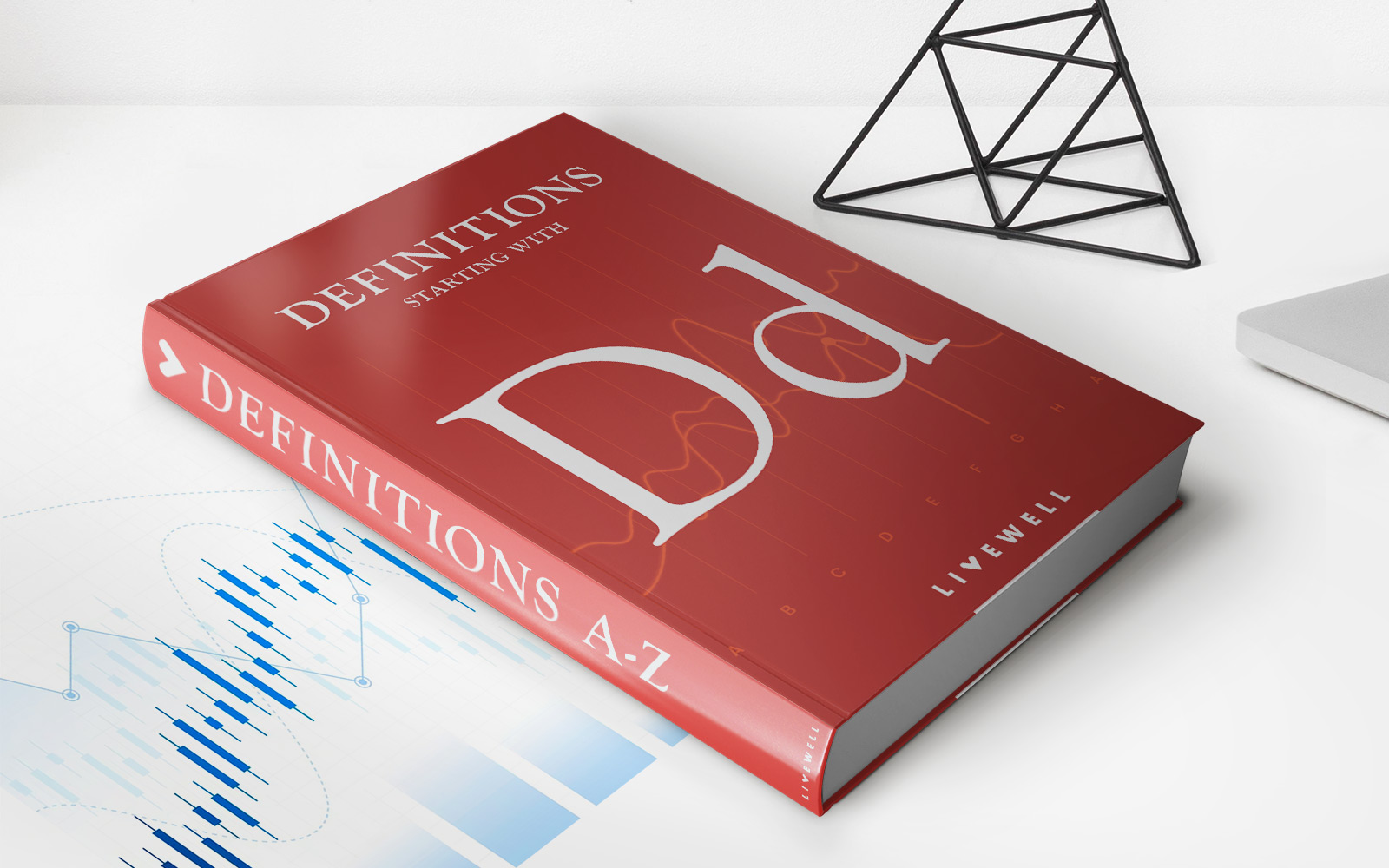

Finance
Derived Investment Value (DIV) Definition
Published: November 11, 2023
Discover the definition and importance of Derived Investment Value (DIV) in the world of finance. Learn how DIV can enhance your financial decisions and maximize your investment potential.
(Many of the links in this article redirect to a specific reviewed product. Your purchase of these products through affiliate links helps to generate commission for LiveWell, at no extra cost. Learn more)
The Definition of Derived Investment Value (DIV) in Finance
Finance is a vast field with numerous terms and concepts that can sometimes feel overwhelming. One such concept is Derived Investment Value (DIV). If you’re wondering what DIV is and how it relates to finance and investment, you’ve come to the right place. In this blog post, we will dive into the definition of Derived Investment Value and explore its significance in the world of finance.
Key Takeaways:
- Derived Investment Value (DIV) is a financial metric used to determine the present value of future cash flows.
- DIV is calculated by discounting future cash flows to their present value using an appropriate discount rate.
So, what exactly is Derived Investment Value (DIV)? In simple terms, DIV represents the present value of the future benefits or cash flows that an investment is expected to generate. It is an important concept because it helps investors assess the attractiveness and potential profitability of an investment opportunity.
An investor’s ultimate goal is to maximize returns while minimizing risk. By calculating the Derived Investment Value, investors can determine if an investment is undervalued or overvalued, and make informed decisions accordingly. This calculation involves discounting expected future cash flows back to their present value, taking into account factors such as the risk associated with the investment and the time value of money.
When it comes to calculating DIV, an appropriate discount rate is used to adjust the future cash flows. The discount rate accounts for the riskiness of the investment and the alternative investment opportunities available in the market. In essence, the discount rate reflects the rate of return that an investor expects to earn from the investment.
Now you might be wondering, why is it important to calculate the Derived Investment Value? Here are a few key reasons:
- Assessment of Investment Potential: By calculating DIV, investors can determine whether an investment opportunity is worth pursuing. It helps them evaluate potential returns and assess the overall attractiveness of the investment.
- Risk Management: Derived Investment Value enables investors to quantify the risk associated with an investment. By comparing the projected returns with the calculated value, investors can make informed decisions on how much risk they are willing to bear.
By now, you should have a better understanding of Derived Investment Value (DIV) in finance and its importance in the investment decision-making process. Remember, this concept allows investors to evaluate the present value of future cash flows and make informed decisions about investment opportunities. So the next time you come across the term DIV, you’ll know exactly what it means and how it can impact your financial decisions.

